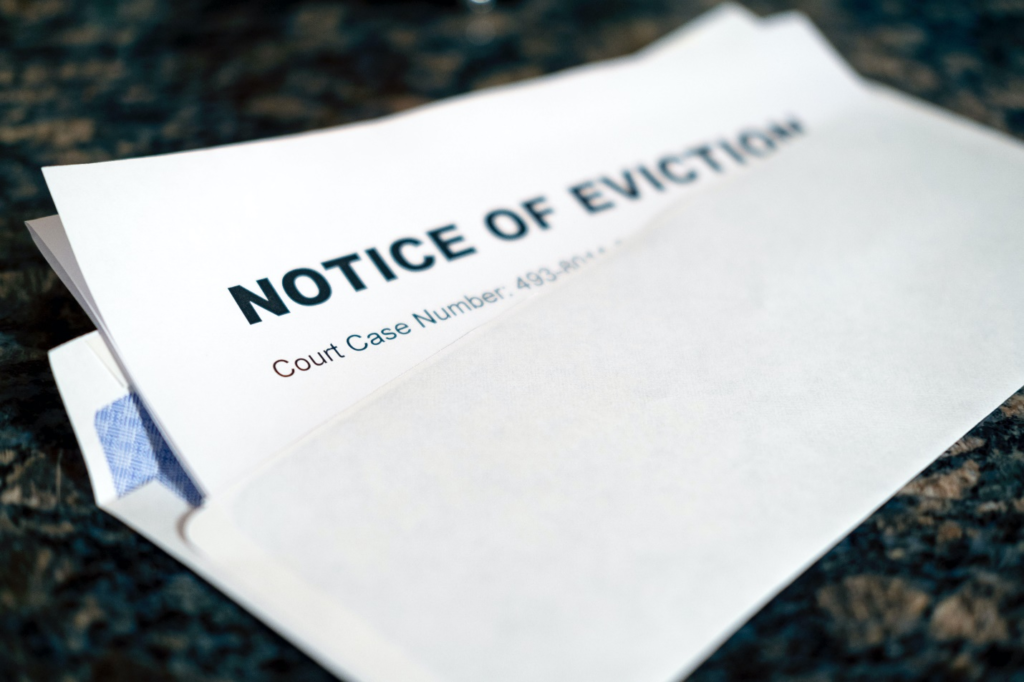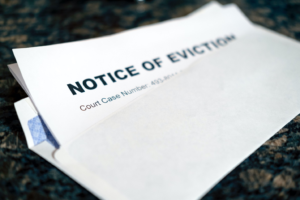
Tenant evictions can be challenging for landlords and tenants. When all other avenues have been exhausted, and eviction becomes the only option, many landlords wonder if they need to involve a bailiff.
This blog post will explore the role of a bailiff for tenant evictions, when and why you might need one, and the legal considerations involved in tenant eviction services.
Understanding Tenant Evictions
Tenant evictions are legally complex procedures that vary from one jurisdiction to another. While the specific eviction process may differ depending on local laws, the general steps typically involve:
Issuing a Notice
Landlords must serve tenants with a notice to quit or a notice of termination. The type of notice and the notice period required usually depend on the reason for eviction, such as non-payment of rent or lease violations.
Filing an Eviction Lawsuit
If the tenant does not comply with the notice, the landlord may need to file an eviction lawsuit. This initiates the legal process and can result in a court hearing.
Court Hearing
The landlord and tenant can present their case before a judge during a court hearing. The judge will make a decision based on the evidence presented.
Writ of Possession
If the landlord wins the case, they will be granted a writ of possession, a court order allowing them to regain possession of the property.
Execution of the Writ
This is where a bailiff may come into play. The bailiff is responsible for physically removing the tenant from the property if they refuse to leave voluntarily.
The Role of a Bailiff
A bailiff is a law enforcement officer specialising in enforcing court orders, including evictions. Their primary role in tenant evictions is to execute the writ of possession issued by the court. This involves physically removing the tenant and their belongings from the rental property, allowing the landlord to regain possession.

When Do You Need a Bailiff for Tenant Evictions?
Whether or not you need a bailiff for tenant evictions depends on various factors, including the tenant’s cooperation, local laws, and the court’s decision. Here are some scenarios where a bailiff might be necessary:
Non-Compliance by Tenant
If the tenant refuses to vacate the property voluntarily after the court has ruled in favour of the landlord, a bailiff is typically required to enforce the eviction.
Safety Concerns
If there are concerns about the safety of the eviction process due to potential conflicts or confrontations between the landlord and tenant, a bailiff can help ensure a peaceful and orderly eviction.
Large or Valuable Items
If the tenant has substantial belongings or valuable assets on the property that need to be removed, a bailiff’s assistance may be necessary to oversee the process and prevent disputes.
Legal Requirement
In some jurisdictions, the law mandates the involvement of a bailiff in all eviction cases, regardless of the circumstances.
Tenant Abandonment
In cases where the tenant has abandoned the property and left belongings behind, a bailiff may be needed to oversee the removal and storage of the tenant’s possessions in compliance with local laws.

Legal Considerations
When involving a bailiff in the eviction process, it is essential to be aware of the legal considerations:
- Court Authorisation: Only a court can authorise the use of a bailiff for an eviction. Landlords cannot hire a bailiff independently.
- Proper Notification: The tenant must be notified of the eviction date and time to allow them to remove their belongings and vacate the premises voluntarily.
- Use of Force: Bailiffs are trained to handle evictions professionally and peacefully. The use of excessive force or intimidation is not permitted.
- Tenant’s Rights: Even during an eviction, tenants have rights. A bailiff must respect these rights and ensure that the eviction is conducted within the bounds of the law.
- Documentation: A bailiff will typically document the eviction process, including the condition of the property and any belongings left behind, to protect both parties in case of disputes.
If you’re a landlord facing a challenging tenant eviction situation, you don’t have to navigate it alone. Landlord Assist is your trusted partner for landlord eviction lawyers. Our experienced team specialises in tenant eviction services UK and works closely with a professional bailiff for tenant evictions when necessary.
With Landlord Assist, you can rely on a reputable eviction company to handle the complexities of the eviction process while ensuring that all legal requirements are met for a smooth resolution to your landlord-tenant disputes. Contact us today for more information.






